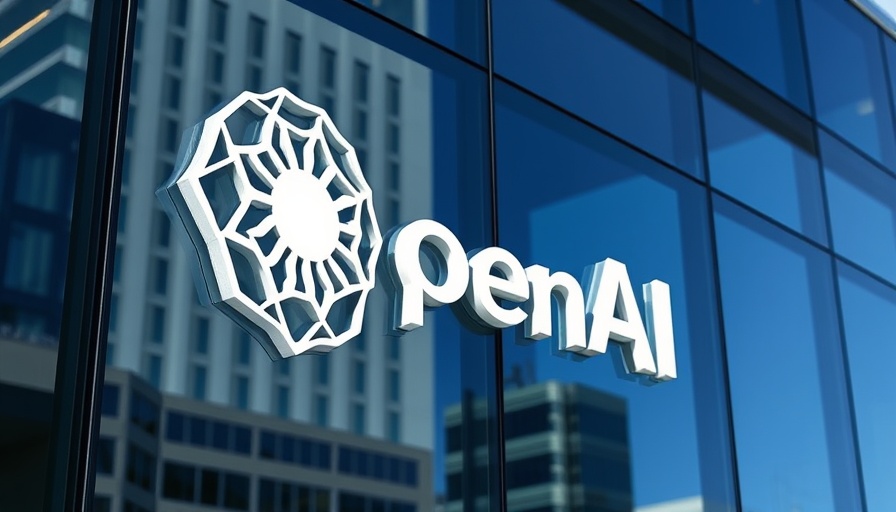
OpenAI's Bid for Chrome: A Gamechanger in the Tech Landscape?
In a surprising turn during the ongoing antitrust trial, OpenAI’s Head of Product, Nick Turley, indicated the organization’s interest in acquiring Google’s Chrome browser, should a court compel the tech giant to divest it. This statement magnifies the ongoing legal proceedings which aim to address accusations against Google regarding monopolistic practices within the online search and browser domains.
Understanding the Implications of a Chrome Divestiture
The U.S. Department of Justice is advocating for substantial changes to restore competition, arguing that Google’s dominant position is detrimental to the tech ecosystem. If Chrome were to be separated from Alphabet, the ramifications could extend far beyond the immediate landscape of web browsers. Advocates for divestiture see it as a measure to diminish Google’s hold across various industries. However, critics warn that such a separation could inadvertently diminish innovation and user experience.
Opposition from Perplexity: Keeping the Status Quo for Innovation
While OpenAI's interest piques curiosity, it is countered by voices from within the tech realm. Notably, Perplexity's CEO, Aravind Srinivas, firmly opposes Google's breakup. His intentions to testify in favor of Google underline a crucial stance in this debate: that Chrome's integration within Google fosters a superior browsing experience due to their responsible management of the browser and underlying technology.
Srinivas emphasizes that Google deserves recognition for its contributions, particularly for the open-source Chromium framework, which underpins not just Chrome but also other browsers like Microsoft's Edge. The argument here is clear; breaking these systems apart may lead to fragmentation rather than the desired innovation.
The Future: More Choice for Consumers?
Aside from the debate about Chrome, Srinivas highlights another pressing topic— the need for a more open Android operating system. He suggests that consumers should have greater flexibility to choose default applications, like search engines and voice assistants, which could challenge the dominant ecosystem created by Google. Enhancing consumer choice could pave the way for more tailored technologies and applications, leading to improved quality and innovation in mobile user experiences.
Conclusion: What Lies Ahead in the Tech Disruption?
The discussions surrounding OpenAI’s interest in Chrome and objections to Google’s potential divestiture underscore the complexities of the tech landscape today. As the antitrust trial unfolds, the outcome could set a precedent for how digital ecosystems operate, potentially reshaping the future of technology in ways still unknown. For consumers and businesses alike, the stakes are high, with innovation and competition hanging in the balance. Stay tuned as these developments could redefine our interaction with technology in the years to come.
 Add Row
Add Row  Add
Add 




Write A Comment